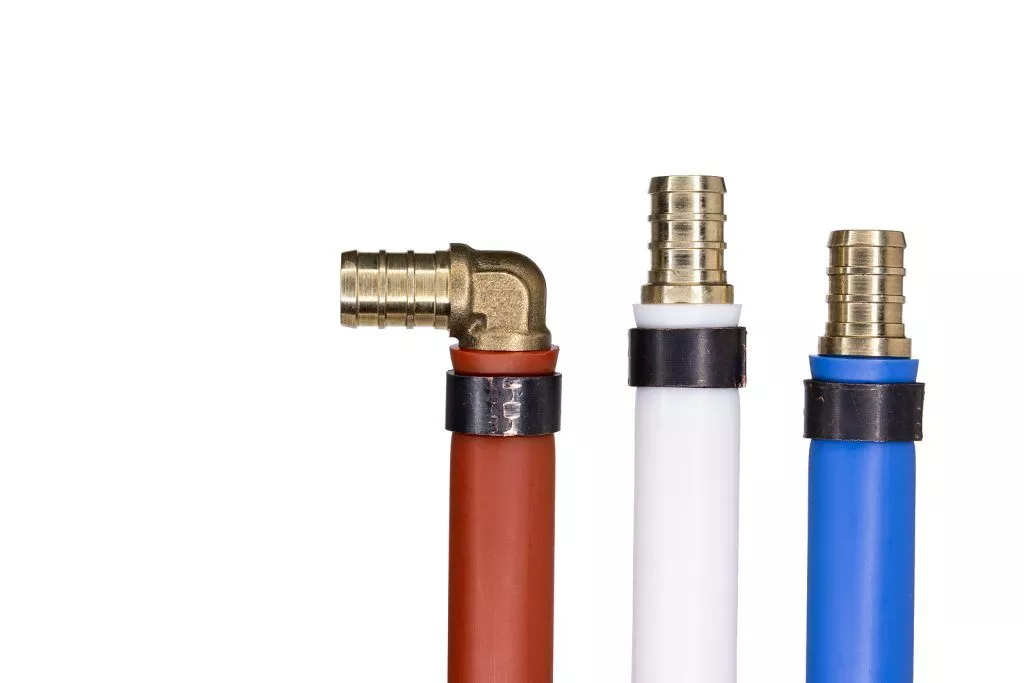Sep . 16, 2024 15:07 Back to list
HDPE Pipe for Irrigation - Durable and Efficient Solutions
The Advantages of HDPE Pipe for Irrigation Systems
High-Density Polyethylene (HDPE) piping has become a crucial component in modern irrigation systems, providing substantial advantages that make it the preferred choice for both agricultural and landscape applications. With its exceptional durability, flexibility, and resistance to various environmental factors, HDPE irrigation pipes offer a reliable solution for efficient water management.
One of the primary benefits of HDPE pipes is their outstanding durability. Unlike traditional materials such as metal or concrete, HDPE is resistant to corrosion and chemical degradation. This resistance ensures that the pipes can withstand harsh conditions, including exposure to fertilizers and pesticides, which are commonly used in agricultural practices. As a result, farmers and landscaping professionals can rely on HDPE pipes for long-lasting performance that minimizes the need for frequent replacements.
The Advantages of HDPE Pipe for Irrigation Systems
Furthermore, HDPE pipes are lightweight compared to traditional piping materials, making transportation and installation more efficient. This property is particularly beneficial in large-scale irrigation projects where heavy materials can complicate logistics and increase labor costs. The ease of handling and installation of HDPE pipes translates into faster project completion times and overall cost savings.
hdpe pipe for irrigation product

In addition to durability and ease of installation, HDPE pipes boast excellent hydraulic properties. Their smooth interior surface reduces friction, allowing water to flow freely and efficiently throughout the system. This characteristic not only maximizes water delivery but also minimizes energy consumption, as less energy is required to pump water through the system. Consequently, farmers can enjoy both lower operational costs and a more sustainable irrigation solution.
Moreover, HDPE is an environmentally friendly material. It is 100% recyclable, offering a sustainable option for irrigation systems and aligning with growing environmental concerns in agriculture. Utilizing HDPE piping can help reduce the carbon footprint of irrigation projects while promoting responsible water usage, which is vital in regions facing water scarcity.
When considering the installation of an irrigation system, the long-term benefits of HDPE piping become even more apparent. Its longevity reduces maintenance costs, while its ability to withstand extreme weather conditions, such as freeze-thaw cycles and UV exposure, ensures that it remains functional in various climates.
In conclusion, the use of HDPE pipes for irrigation presents a multitude of advantages, including durability, flexibility, lightweight nature, excellent hydraulic performance, and environmental sustainability. As the demand for efficient and effective irrigation solutions continues to grow, incorporating HDPE piping into irrigation systems is a wise investment for agricultural and landscaping practices alike. By choosing HDPE, users are not only enhancing the efficiency of their irrigation systems but also contributing positively to environmental sustainability.
-
High-Quality PVC Borehole Pipes Durable & Versatile Pipe Solutions
NewsJul.08,2025
-
High-Quality PVC Perforated Pipes for Efficient Drainage Leading Manufacturers & Factories
NewsJul.08,2025
-
High-Quality PVC Borehole Pipes Durable Pipe Solutions by Leading Manufacturer
NewsJul.08,2025
-
High-Quality PVC Borehole Pipes Reliable PVC Pipe Manufacturer Solutions
NewsJul.07,2025
-
High-Quality UPVC Drain Pipes Durable HDPE & Drain Pipe Solutions
NewsJul.07,2025
-
High-Quality Conduit Pipes & HDPE Conduit Fittings Manufacturer Reliable Factory Supply
NewsJul.06,2025

